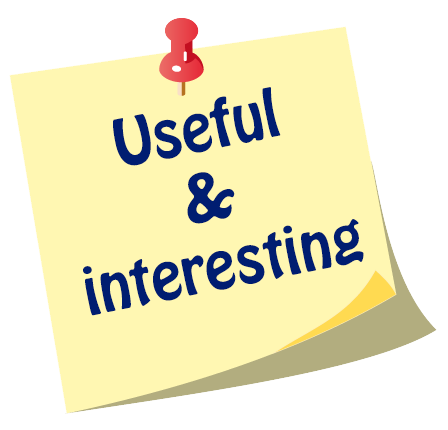
Dissemination
Title of Activity
The Aged Mother
Description of educational activity
Duration: 180 minutes
Pupils’ age: 15-19
Organization of the class of pupils: individual/group work
The aim of the lesson: The aim of the lesson is to improve the reading literacy of the students. The students revise their opinions of the elder people and their relationships with them. The students also gain some basic knowledge of typical features of Japanese folk tales. Another goal is to make the pupils develop their imagination and express themselves using metaphorical language and different art activities.
Support materials: The text of the story, paper sheets, crayons, simple musical instruments.
Activities:
- The students work in groups discussing the following questions. Where does youth end? How does one become adult? Where does the old age begin?
- What are the main purposes/contents of these life periods. Prepare a living picture for each life period.
- What are the pros and cons of every life period?
- The students read the text. Find four key moments in the story and illustrate each by one of the following:
- a spoken dialogue
- a picture drawn on a sheet of paper
- a song
- a pantomime
- What can you do if you disagree with an official order?
- Can you think of any order/rule that you find stupid?
- Compose a petition text against a specific order/rule.
- Prepare banners with slogans for a demonstration.
Evaluation and assessment method:
- Throughout the lesson, ensure that your students are backing up their choices with accurate supporting details.
- Teacher's observations of students’ participation in group activities and discussions.
Effect of the activity on RSP reading: Practices that support students´ imagination, choice, collaboration, and shared control of learning outcomes can be linked to self-expressed interest in reading and engaged reading behaviour.
Connection to curriculum
Grade: 1 – 4 grade of secondary studies
Curriculum: The study of literature is focused on reading and comprehending literary texts of historical and cultural importance and relevancy either in the world or Czech literature. Students are taught to work with texts and information in different ways, to adopt the processes of analysis, synthesis, induction, deduction, generalization, abstraction, specification, comparison, organization, selection. The students should be able to interpret, summarize and evaluate the texts.
Knowledge:
- Improve reading comprehension
- Organise information in a specific way
- Able to set an official requirement
Skills:
- Make predictions, deductions
- Compare and contrast
- Summarize
- Work effectively in groups, respecting others
- Improve the social skills
Competences:
- Think in social context about life or personal experience of different people
- Be able to visualise material read
- Follow specific instructions and conventions
- Support and justify an opinion
Bibliographic reference to be used during the activity
Matsuo Basho
Publisher: https://americanliterature.com
Results
The expected outcomes of the lesson are:
- The students will be able to understand different life situations in social context.
- To think about rules, their importance and the importance of following them.
- To be able to set an official requirement backed with relevant opinions and evidence.
- To offer observations, make connections, speculate, interpret, and raise questions in response to the story.
Recommendations
Both the teaching method and the text can help in increasing students’ interest in reading. This text promotes a relationship between a child and his/her mother.
The teacher monitors the students so as to make sure they cooperate effectively.
Contact
X gimnazija ''Ivan Supek''
Ul. Vjekoslava Klaića 7
10000
Zagreb
E-mail: partners@handbook4rspreaders.org











